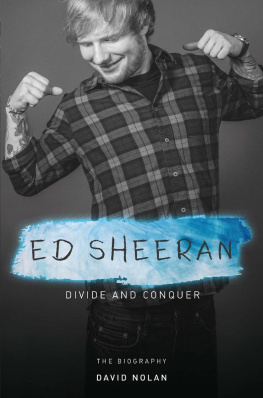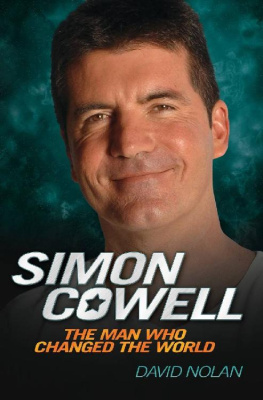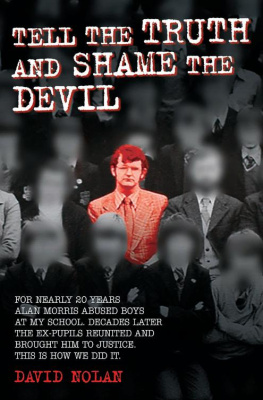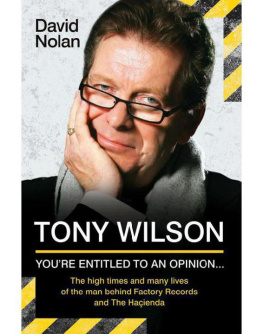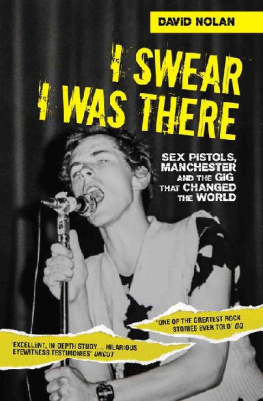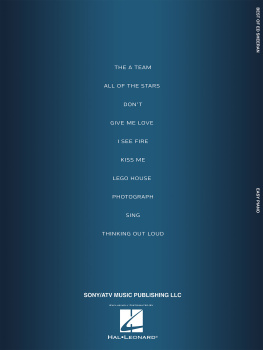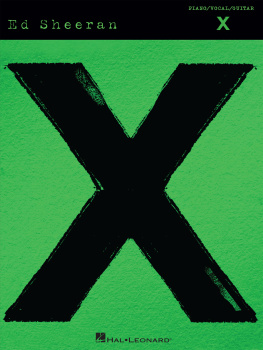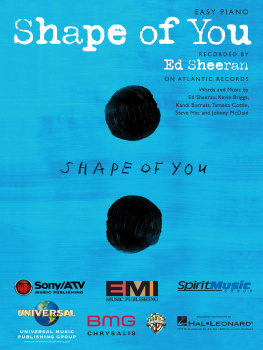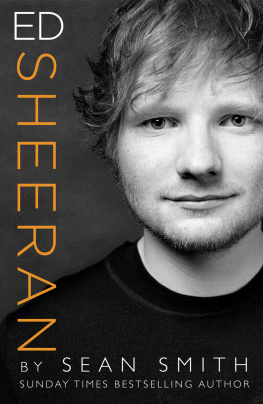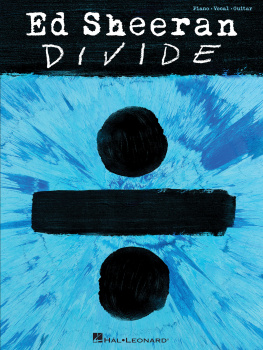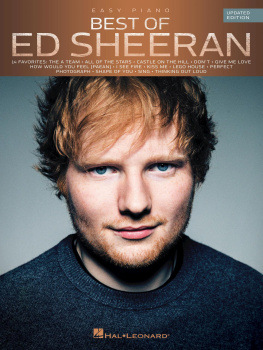I ts 4 June 2012 and a musical party is underway in London. Its being staged to mark the Queens Diamond Jubilee and a host of stars from the worlds of pop, rock and classical musical are gearing up to perform to a worldwide audience.
As they do, a pattern begins to emerge: all the acts seem to be doing their best to outdo each other to catch the audiences collective eye. On a specially constructed stage around the Victoria Memorial fountain outside Buckingham Palace, Aston from JLS does a back somersault, Grace Jones sings and hula hoops at the same time all the way through her best known song Slave to the Rhythm and Gary Barlow and Cheryl Cole take Lady Antebellums Need You Now round the back of the fountain and murder it.
Among the bombast and the nonsense, one performance stands out largely because of the performers singular failure to try to make it stand out. In front of an invited audience of 20,000 people, a special area packed with members of the royal family and VIPs, a quarter of a million members of the public stretching away into the distance down The Mall and a worldwide TV audience, a young man with an undersized guitar sings a song about a crack-addicted prostitute. His guitar has a picture of a paw print on the front and someone has written a name on it in felt tip: Nigel. Just before he went on stage Nigels 21-year-old owner tweeted a message to his fans: so apparently 1 billion people are tuning in tonight. no pressure then.
The young singer had only signed a record deal the previous year, yet here he was sharing a stage with the likes of Sir Elton John, Sir Tom Jones and Sir Paul McCartney. The performers first instinct when he came off stage was to communicate with his fans: Well that was fun! he said via Twitter.
From sofa-surfer to superstar, Ed Sheeran had come a long way in what appeared to be a very short time. Hes made it look easy. It hasnt been. I was a hard sell for the major labels, he says of the years he gigged relentlessly to slowly build a devoted audience. Heres a ginger kid who raps with a guitar. Thats not a good start.
I remember big hills, Ed Sheeran says when recalling his West Yorkshire childhood. I know I lived at the top of one.
T he area of West Yorkshire where Ed Sheeran is from is known as Calderdale. Tucked to the east of the Pennines, Calderdale is very proud of the young man born there on 17 February 1991. The local paper likes to refer to Sheeran as the Calderdale Singer-Songwriter.
If Calderdale were a song type it would be a mash-up. Its a series of contrasts that sit side by side: the tea shop and the tower block; the brass band and boutique hotel; the Mosque and the Mecca Bingo Hall. Its independent and likes to wear its independence proudly on its collective sleeve. But theres one part of Calderdale that doesnt just display its independence it screams it from the rooftops. Its the part of Calderdale where Ed Sheeran began his life: Hebden Bridge.
As you drive into Hebden Bridge from nearby Halifax, a roadside sign states that the town lays claim to 500 Years of Creativity. As you drive out, the reverse sign tells you that you are leaving by camply proclaiming: That was so Hebden Bridge.
It is home to artists, hippies, TV producers and seekers of alternative lifestyles. Its also the most lesbian town in Britain, with more same-sex female couples than anywhere else. But Hebden Bridge is very aware of its image and reputation and isnt averse to sending itself up now and again theres even a furnishings shop called HomeOh!
The groups of creative and alternative incomers that descended on the area in the 1970s saved a declining mill town and turned it into their own little slice of Bohemia. Hebden Bridge is Bohemian simply because the people who moved there decided they wanted it to be that way. The creative enclave is a base for many people working in Manchester, Leeds and Halifax because of its central location and handy train links. The charming late 19th-century train station that serves the town obviously made an impression on the young Ed: I remember being four and wanting to a train driver that was the only thing that interested me, he told KidsofGrime TV. Not that hes entirely given up on the idea: Ill become a train driver one day.
Eds parents, London-born John Sheeran and Imogen Lock, could be said to fit the Hebden Bridge profile pretty well. Both are passionate about the arts: John as an art lecturer and curator, Imogen as a promoter of the arts through her work as a PR consultant to the creative industries. His mum was very much into PR, says Gordon Burns, Eds cousin. Burns is a radio and TV presenter, best known as the face of The Krypton Factor. His dad used to run these art galleries hes very deep into the arts John Sheerans a nice, easy-going guy. All the Sheerans are like that, incredibly laid back. That comes all the way down through the family easy-going, fun and gentle and Ed seems to have it as well. Nothing fazes him, his feet are firmly on the ground, he knows what hes doing. Which is what Id expect of a Sheeran.
Imogen Sheerans creativity would also come out through her love of making jewellery. Today, her handmade items are proudly sold at Hebden Bridges Earth Spirit shop on Market Street. The shops owner Catrina Gledhill is keen to flag up Eds local connection, especially as the jewellery designs are intrinsically linked to Eds childhood: Ed grew up in Hebden Bridge so its great that Eds talented mum, Imogen, has chosen to supply a local business, she told the Hebden Bridge Times. Many of the items from the collection are based on his favourite sweets, such as Liquorice Allsorts and Smarties or on Eds song lyrics.
The Sheerans loved the town so much they didnt let the fact that their work regularly took them to London and Manchester put them off living there. For John, it was as curator of the Dulwich Picture Gallery in southeast London. For Imogen it was as a media consultant for the National Portrait Gallery in the capital and then, nearer to home, working for Manchester Galleries just over the Pennines.
Their first son Matthew was born in 1989. Perhaps aware of the changes their lives would undergo after starting a family, John and Imogen left their jobs and set up an arts consultancy business together in 1990. Ed known when he was young as Teddy was born a year later. They still went where the work took them, usually London. Most weekends would be spent travelling to and from the capital with their two young sons in tow. The Sheerans would play music in the car to while away the time on the long journeys. Basically, my parents had to commute and Id go with them, Ed later explained to Q magazine. Itd be the same albums over and over again Dylans The Times They Are A-Changin, Claptons Unplugged, Joni Mitchells Blue. Now, listening back to all that stuff, it just reminds me of homely, warm stuff. Its really cool.
The trips were so regular and the album choices so consistent that Ed began to learn the words and eventually he started to sing along. The albums on the Sheerans car stereo may have spanned a 30-year period, from 1964 (Bob Dylan) to 1992 (Claptons

